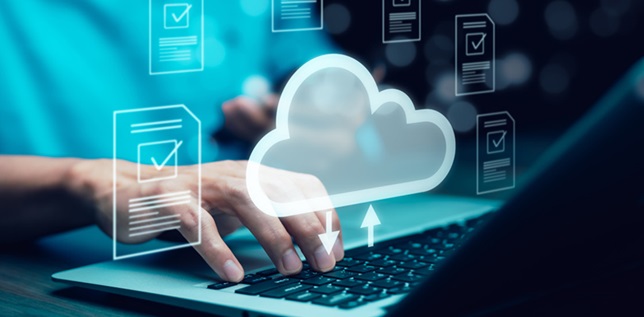For the busy business owner or employee on the road, laptops are the perfect way to take work with you wherever you go. Since they were first invented, they have been a popular option for both home and business use. With the rising popularity of working from home and work travel, it’s become a staple for field salespeople, travelling workers and flexible workers, and now it’s a challenge to find a household without one. But while laptops are fantastic tools for businesses, they also represent one of their biggest security risks. So, if you use laptops in your work, or you have employees who sometimes do work on their home laptops, this one is for you.
Theft or Loss
Light, compact and carried around everywhere. Some of the greatest traits of a laptop. But also the reason they are so easy to lose or steal. We’ve lost count of the number of people who confess that they have left their laptop behind when they leave a place. Whether that’s a café, at home, on a train or even in a client’s office. Data thieves can pick up a laptop from a table in a coffee shop, a lost property bin, an open locker, your desk at work or even lift it from your bag on a busy commuter train and be far away before you even realise it’s gone. They are a challenge to identify and track, and because so many people carry laptops they are easy to steal without anyone noticing. We’ve all heard the horror stories about a stolen laptop putting the personal data of hundreds or thousands of people at risk – and they are all founded in truth. Not everyone is a good Samaritan, so even if your lost laptop is found, the data is still at risk. A lot of data theft incidents are actually crimes of opportunity rather than planned attacks, and lost laptops are a perfect target. Unfortunately, you rarely know that someone is planning to steal from you, so you can’t keep your laptop under lock and key forever. There are however some things you can do to improve its physical security, as well as keeping the data on it protected in case of theft. If you want to know what those are, just ask us!
Insider Threats
When most businesses are setting up their cyber defences, many businesses don’t think of their employees as posing a threat to their data. But looking within the company for potential insider threats is a crucial part of cyber security planning. While outside attacks will need a lot of work for hackers to get past your corporate network defences, a disgruntled employee with insider access can bypass this and get their hands on all of your confidential data. It can also be difficult to distinguish whether an employee is using your systems legitimately, or whether they are trying to carry out an attack on your business. While it’s not a common occurrence, it’s not unheard of and if you have a disgruntled employee who has a laptop and access to your data, they can pose a very real threat. So you need to have a plan and protections in place for this.
Hacking Attempts
Over the last few years, business networks have become far more secure. With so much awareness around cyber threats, thanks to high profile data breaches, businesses in the UK have been investing millions into making sure their corporate networks are unbreakable. This is bad news for hackers, so rather than try to get into these impenetrable networks, they look for other targets. And the laptops that employees use for remote work, or even those they own but work on, are ideal targets. These computers often stray beyond the protections of the corporate network security and into the realms of home security and basic anti-virus scanning. Hackers know that when corporate laptops (or laptops with work data on them) are at home, or on hotel WiFi networks, they are much easier to access. With this in mind, they target those and use them to either extract the data they need, or plant malware that allows them to infiltrate your company networks from the inside, Trojan Horse style.
Now, we know that laptops aren’t going away any time soon. Even with tablets hitting the scene (and that’s a whole other security risk), laptops are still the preferred way to work when you’re not at the office. So instead of telling you not to use them, we just want to make sure you, your employees and your business stay safe when you do.
.tmb-6_col_resi.jpg?sfvrsn=1eb5420f_4)




